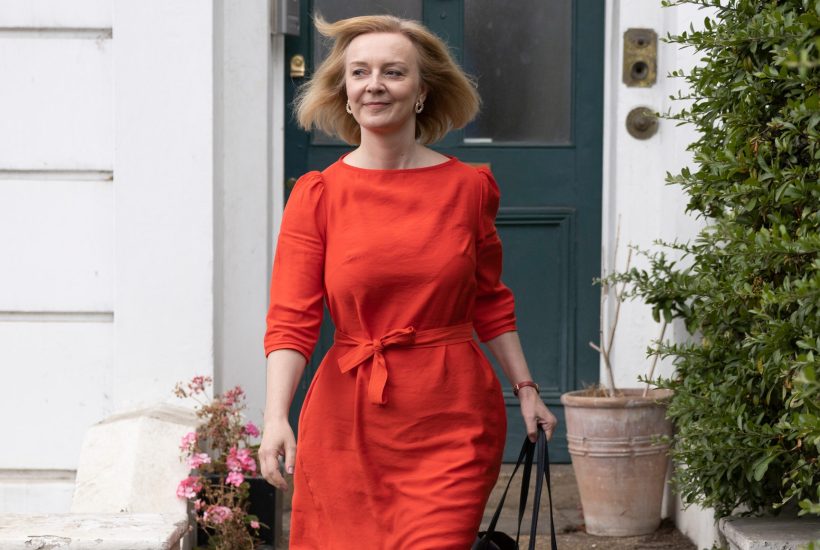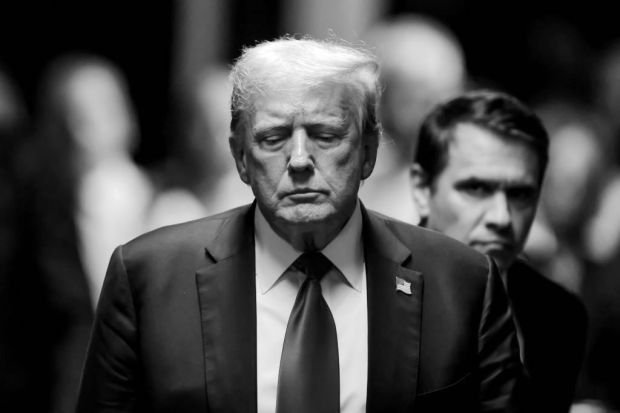Should Tories already be feeling buyer’s remorse over their new leader? It has been only 20 days since Boris Johnson, a liberal who pretended to be a populist, was replaced by Liz Truss, a liberal who doesn’t pretend to be anything other than a liberal. Whereas Johnson’s was a patrician liberalism with a keen sense of public opinion, Truss is an economic liberal with a swot’s enthusiasm and a swot’s grasp of human instincts.
Already a subscriber? Log in
Subscribe for just $2 a week
Try a month of The Spectator Australia absolutely free and without commitment. Not only that but – if you choose to continue – you’ll pay just $2 a week for your first year.
- Unlimited access to spectator.com.au and app
- The weekly edition on the Spectator Australia app
- Spectator podcasts and newsletters
- Full access to spectator.co.uk
Or


















Comments
Don't miss out
Join the conversation with other Spectator Australia readers. Subscribe to leave a comment.
SUBSCRIBEAlready a subscriber? Log in